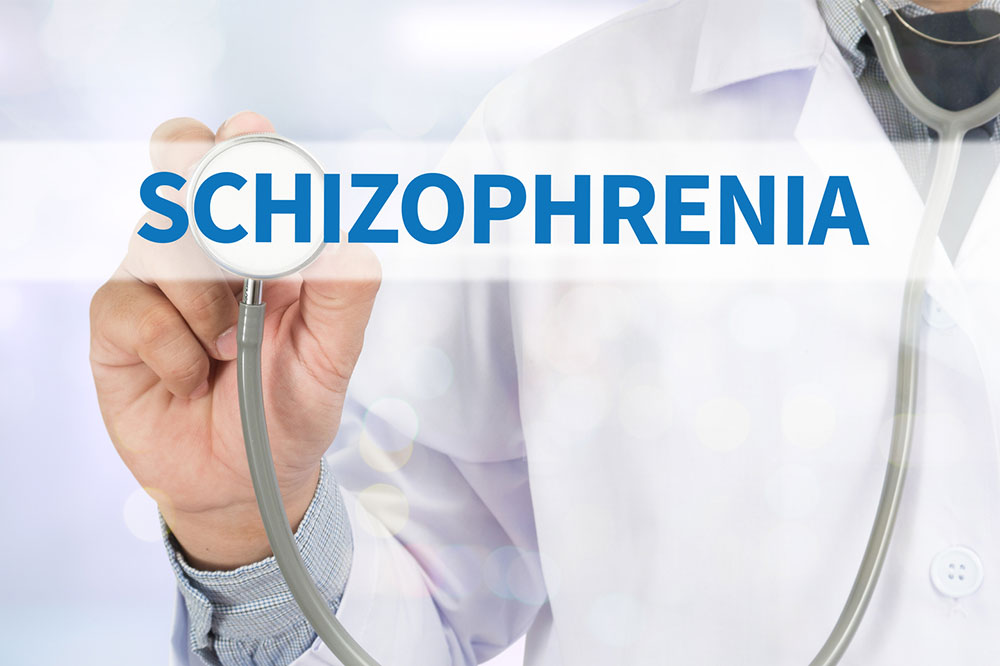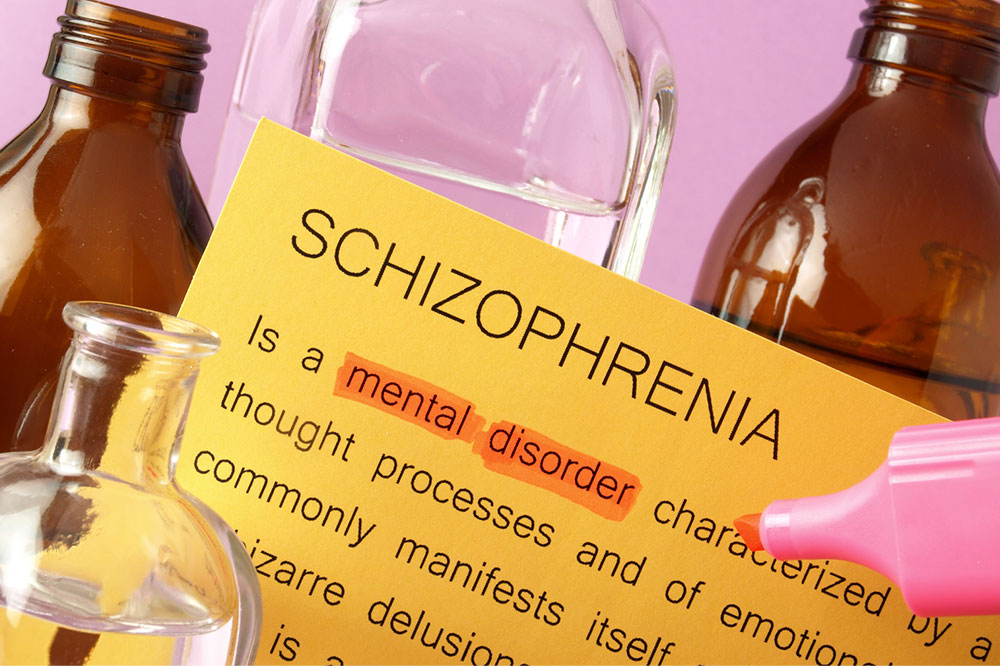Comprehensive Guide to Depression: Understanding Causes, Symptoms, and Treatment Options
This comprehensive article explores depression in depth, covering symptoms, causes, risk factors, effects on the brain and body, and effective treatment options. It aims to raise awareness about this common yet complex mental health disorder, emphasizing the importance of early diagnosis and personalized treatment strategies. Whether you suspect you or a loved one may be suffering from depression, this guide offers valuable insights to understand, manage, and seek help for the condition, promoting mental health and well-being.

Comprehensive Guide to Depression: Understanding Causes, Symptoms, and Treatment Options
Depression is a complex mental health disorder that affects millions worldwide. It is characterized by persistent feelings of sadness, loss of interest in daily activities, and a range of emotional and physical problems that can significantly impair an individual’s ability to function. Recognizing the symptoms early, understanding the underlying causes, and seeking appropriate treatment options are crucial steps toward recovery. This in-depth guide provides detailed insights into depression, exploring its symptoms, risk factors, causes, and available treatment modalities, aiming to raise awareness and offer support for affected individuals and their loved ones.
Understanding Depression: Key Symptoms
Depression manifests through a variety of symptoms that can vary from person to person. Common signs include:
Persistent low mood or feelings of sadness that last for weeks or months
Loss of interest or pleasure in previously enjoyed activities such as hobbies or social interactions
Significant changes in appetite, either eating excessively or losing the desire to eat, which can lead to weight fluctuations
Sleep disturbances such as insomnia or oversleeping
Restlessness, agitation, or a sense of inner turmoil
Profound fatigue and reduced energy levels
Feelings of guilt, worthlessness, or hopelessness
Difficulty concentrating, making decisions, or remembering details
Thoughts of self-harm, suicidal ideation, or attempts
It's important to note that depression can affect anyone regardless of gender, age, or background. However, women generally report symptoms like anxiety, irritability, and ruminative thoughts more frequently. Statistically, depression is nearly twice as common among women compared to men. Conversely, men may exhibit symptoms like social withdrawal, overwork, or even aggressive behaviors, which can sometimes complicate diagnosis and treatment.
Causes and Risk Factors of Depression
Understanding what contributes to depression is essential for prevention and effective management. Several factors can increase the risk of developing depression, including:
Trauma and abuse: Childhood abuse, neglect, or ongoing physical, emotional, or sexual abuse significantly heighten vulnerability to depression later in life. Traumatic experiences leave lasting scars that may manifest as mood disorders.
Medication side effects: Certain prescription drugs, such as some antihypertensives, hormonal medications, or corticosteroids, can induce depressive symptoms temporarily or permanently.
Life conflicts: Disputes with family members, friends, or workplace conflicts can create stress and feelings of helplessness, triggering depressive episodes.
Loss and grief: The death of loved ones, divorce, or breakup of significant relationships often leads to grief, which can evolve into clinical depression if symptoms persist beyond typical grieving periods.
Genetics: A family history of depression or other mood disorders increases individual susceptibility, indicating a hereditary component.
Major life changes: Events such as marriage, relocating, job loss, or significant career shifts can act as stressors, precipitating depression in some individuals.
Chronic illnesses: Long-term health conditions like diabetes, heart disease, or chronic pain are associated with a higher risk of developing depression due to the physical and emotional toll they impose.
Additional factors include hormonal fluctuations—particularly postpartum hormonal changes—and lifestyle factors such as poor nutrition, lack of exercise, substance abuse, and high-stress levels. These elements interplay, creating a complex web that influences mental health. Addressing these risk factors proactively can significantly improve outcomes and quality of life for those affected.
How Depression Affects Your Brain and Body
Depression doesn't just affect mood; it involves significant changes in brain chemistry and function. Neurotransmitters like serotonin, norepinephrine, and dopamine play crucial roles in regulating mood, sleep, appetite, and energy levels. Imbalances or disruptions in these chemicals are often associated with depressive states. Additionally, depression is linked with alterations in brain regions such as the prefrontal cortex, amygdala, and hippocampus, which are critical for emotional regulation, decision-making, and memory. These changes can lead to the cognitive impairments and emotional dysregulation observed in depressed individuals.
Physically, depression can manifest through symptoms like aches, pains, weight changes, and fatigue. Chronic stress associated with depression can also impact the immune system, increasing vulnerability to illnesses. It's vital to recognize the profound impact of depression on both mental and physical health to ensure comprehensive management and treatment strategies.
Treatment Options and Managing Depression
Effective treatment for depression typically involves a combination of psychotherapy, medication, lifestyle changes, and support systems. Approaches should be tailored to each individual, considering the severity of symptoms, underlying causes, and personal preferences.
Psychotherapy
Cognitive-behavioral therapy (CBT) is widely used to help individuals identify and change negative thought patterns and behaviors that contribute to depression. Other therapies, such as interpersonal therapy (IPT) and psychodynamic therapy, focus on resolving emotional conflicts and improving relationships. Talking with a mental health professional provides a safe space to explore feelings and develop coping strategies.
Medication
Antidepressants, such as selective serotonin reuptake inhibitors (SSRIs), serotonin-norepinephrine reuptake inhibitors (SNRIs), and atypical antidepressants, can help restore chemical balance in the brain. It is crucial to follow medical guidance when taking these medications, as they may have side effects and require adjustment over time. Medication is often most effective when combined with psychotherapy.
Lifestyle Modifications
Engaging in regular physical activity, maintaining a balanced diet, ensuring adequate sleep, and avoiding alcohol and substances can greatly enhance treatment outcomes. Mindfulness practices, yoga, and relaxation techniques can reduce stress levels and improve mood. Building a routine around healthy habits fosters stability and resilience.
Support and Education
Support from loved ones, peer groups, and community resources is vital in managing depression. Educating oneself about the disorder reduces stigma and promotes understanding. Early intervention, continuous monitoring, and adherence to treatment plans significantly increase the likelihood of recovery.
Conclusion: The Path to Recovery
Depression is a treatable condition, but it requires a comprehensive, personalized approach. Recognizing symptoms early and seeking professional help are critical steps towards healing. With proper medication, therapy, lifestyle adjustments, and social support, individuals can manage their symptoms effectively and lead fulfilling lives. Increasing awareness and reducing stigma around mental health are essential to ensuring more people access the help they need. Remember, help is available, and recovery is possible.





